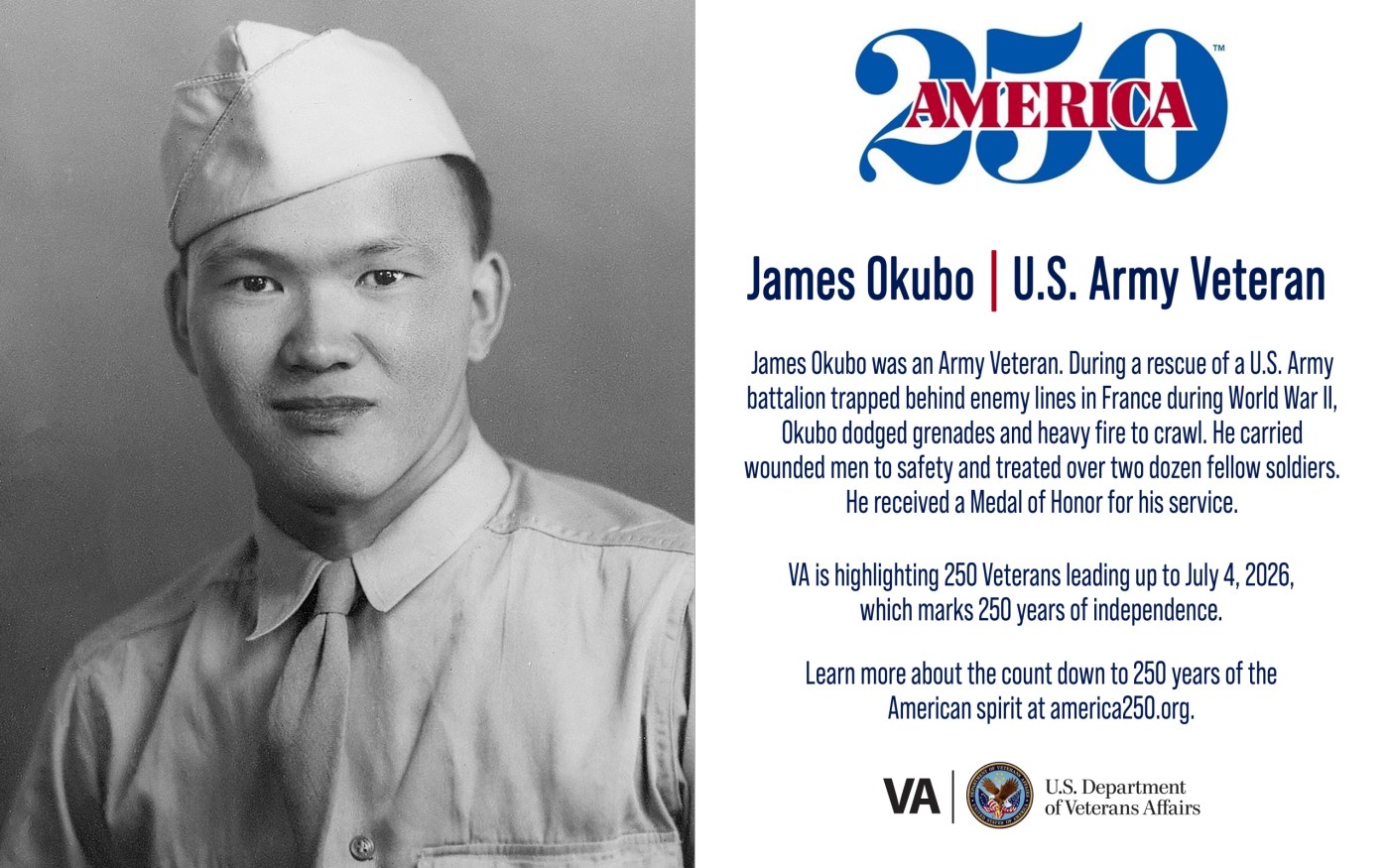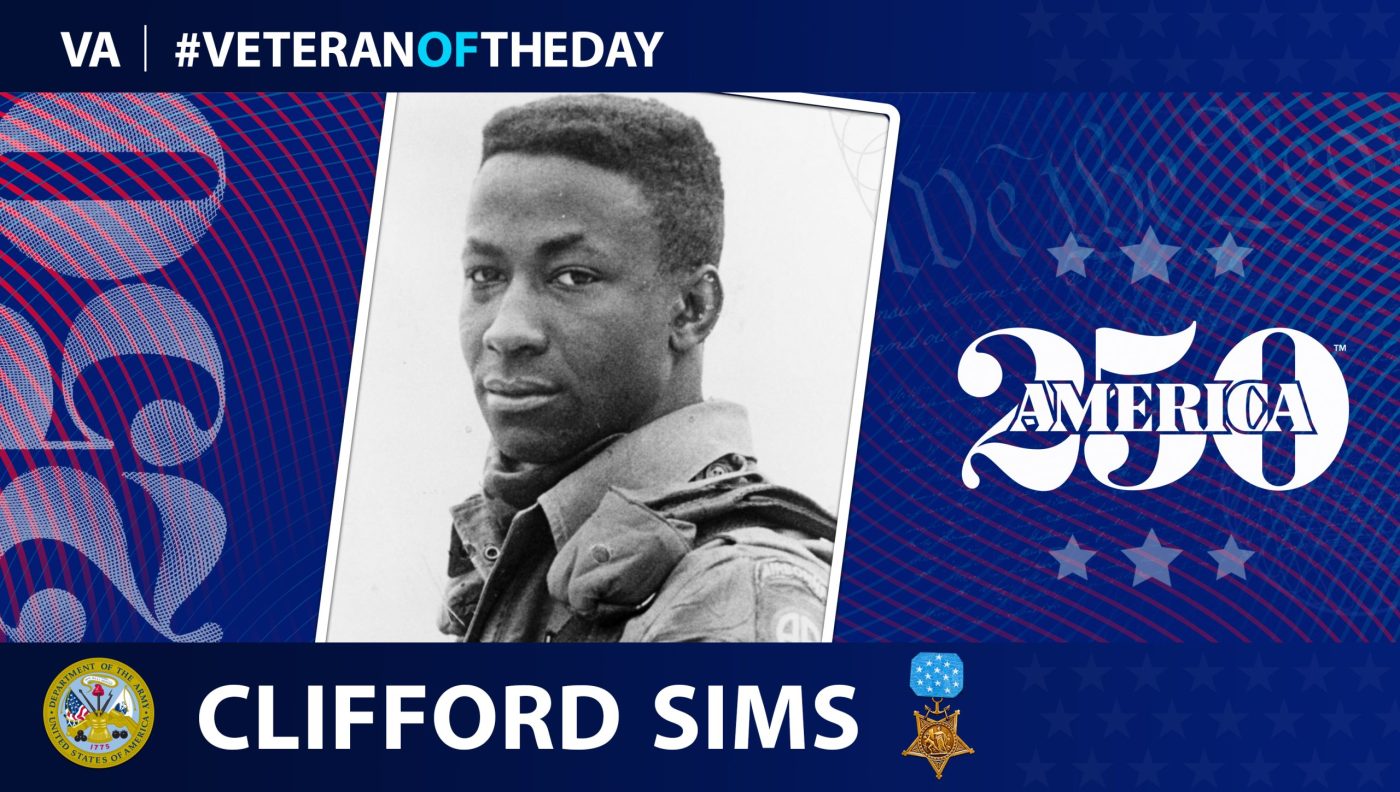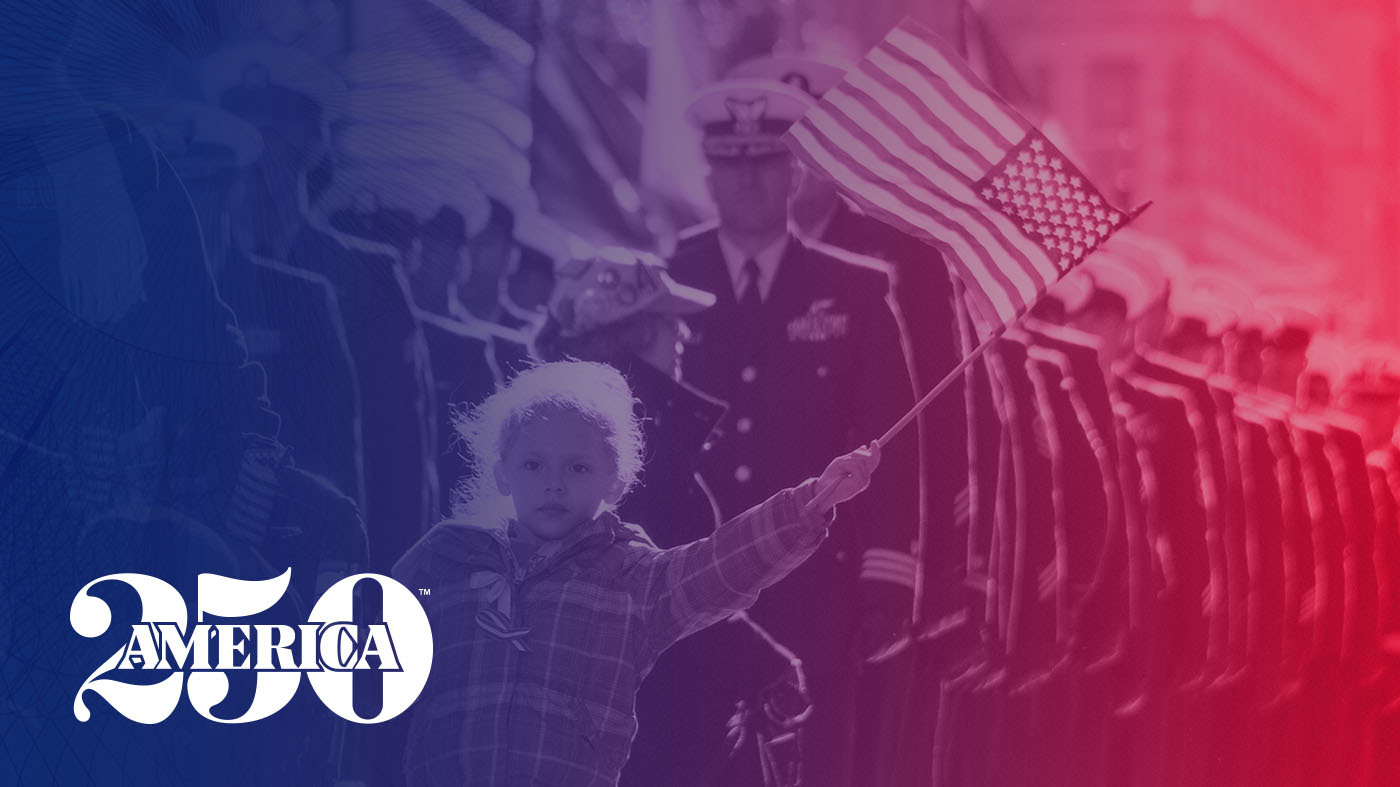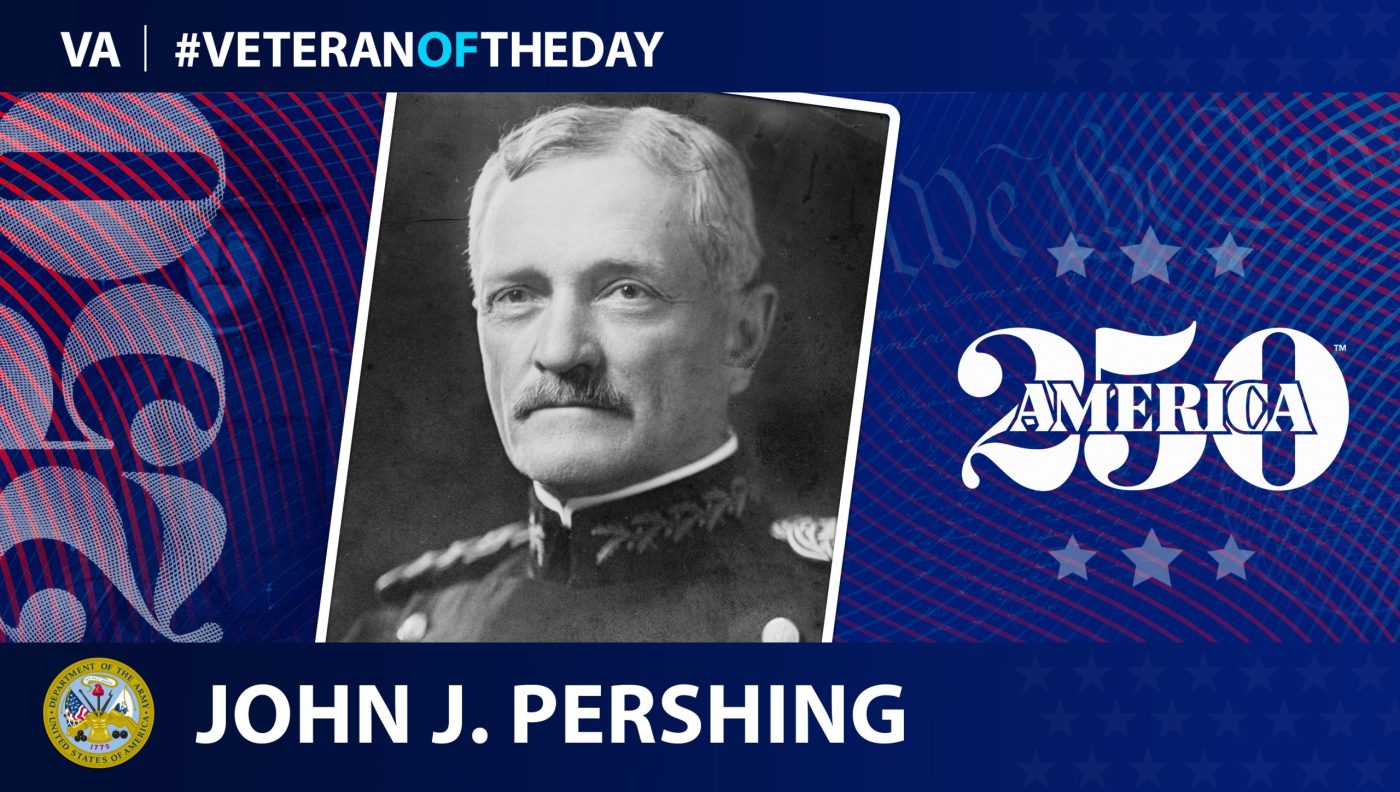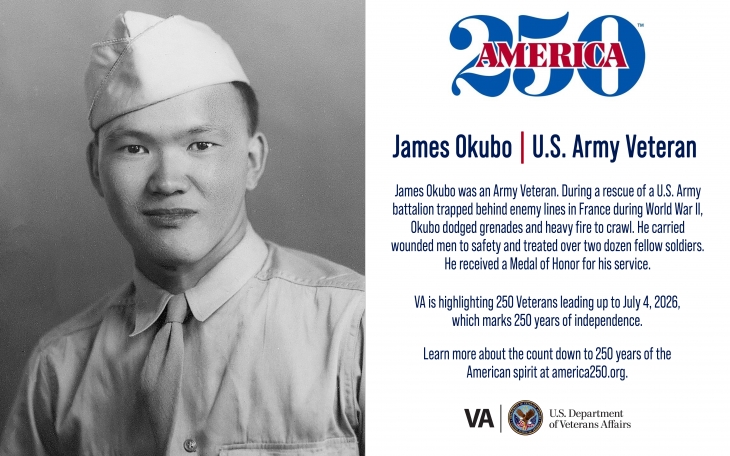
This week’s America250 salute is Army Veteran James Okubo.
As the American-born son of Japanese immigrants, James Okubo was a Nisei, or second-generation Japanese American. While attending college at Western Washington University in Bellingham, Okubo was active in the ski and press clubs at the school. But after the Japanese attack on Pearl Harbor in December 1941, sentiments towards the Japanese in the U.S. changed. President Franklin D. Roosevelt signed Executive Order 9066 in February 1942, which relocated the Japanese on the West Coast to internment camps. Okubo dropped out of school to help his family prepare. In July, they went to the Tule Lake Relocation Center in Newell, California.
Despite the challenges of internment, Okubo kept active by working in the camp hospital and earned the praise of his fellow orderlies. He considered leaving the camp to attend the student-leave program and study dentistry. He received several references from faculty at Western Washington University. But in the spring of 1943, the sudden death of his father and illness of his mother changed Okubo’s plans to attend school. Instead, he chose to enlist in the Army in May with two of his brothers and cousins.
After basic training, Okubo served with the 100th Infantry Battalion, 442nd Regimental Combat Team. This battalion was exclusively Japanese American volunteers from the internment camps, Hawaii and states outside of the West Coast exclusion zone. Okubo trained as a medic and, in 1944, the 442nd deployed to Europe. Okubo’s brother Sumi later wrote that his brother was highly respected by his comrades as a medic.
“The fellows who know him say he’s the best medic in the regiment,” Sumi wrote in a letter home according to a 2017 Seattle Times article. “He’s had some close calls but that doesn’t seem to bother him. Maybe someday you’ll read about one of the things he did not too long ago, took a lot of guts to do it.”
During the fall of 1944, Okubo’s battalion deployed to the Vosges Mountains along the French border with Germany. It was here that the 442nd went to rescue the “Lost Battalion” of over 200 U.S. infantry in the Foret Domaniale de Champ, near Biffontaine. During this mission, Okubo served with the medical detachment and treated many wounded soldiers. According to his Medal of Honor citation, over a two-day period, despite being under heavy enemy fire, Okubo treated and evacuated over two dozen injured men from the front lines. A few days later, he also risked his life to rescue and treat a wounded soldier who was trapped in a burning tank. In May 1945, the Army considered Okubo for a Medal of Honor for his actions in France. But because he was Japanese American and a medic, he received a Silver Star instead.
After the war, Okubo honorably discharged from the Army as a technician fifth class. His family relocated to Detroit, Michigan, and Okubo returned to college to study dentistry. After receiving his bachelor’s degree, Okubo attended the University of Detroit Dental School and earned his master’s. He later became a faculty member after setting up his own practice. In 1951, he married Nobuyo Miyaya and raised a family with her.
On Jan. 29, 1967, Okubo was on a ski trip in Michigan with his family when he died in a car accident. He was buried at Woodlawn Cemetery in Detroit, Michigan. In 2000, former Senator Daniel Kahikina Akaka presented a bill in Congress to posthumously grant a Medal of Honor to Okubo and two other members of the 442nd Regimental Combat team. During a ceremony at the White House later that year, Okubo’s wife and children received his medal. In June 2019, Okubo received a posthumous honorary degree from his former university, Western Washington University.
When Okubo planned to leave Tule Lake for study in the spring of 1943, one of his references Marjorie Kinglsey wrote, “He has indicated that he very much wishes he could be doing something for his country. I personally think that he could be doing no greater service than training for medicine. With his aptitude and his personal qualifications, I think he will make a splendid doctor, and we are going to need many of them in the near future.”
We honor his service.
America250
VA is highlighting 250 Veterans leading up to July 4, 2026, which marks 250 years of independence. Learn more about the count down to 250 years of the American spirit at https://america250.org/.
Contributors
Writer: Sarah Concepcion
Editors: Annabelle Colton, Julia Pack
Researcher: Timothy Georgetti
Graphic Designer: Kiki Kelley
Topics in this story
More Stories
Today's America250 and #VeteranOfTheDay honors Army Veteran Clifford Sims, who was posthumously the Medal of Honor.
America250 wants you to share your story. We want to hear the story of your service and your reflections on our nation’s past, present and future.
Today's America250 and #VeteranOfTheDay is Army Veteran John J. Pershing, who became General of the Armies of the United States, the highest rank possible for any member of the United States Armed Forces.

